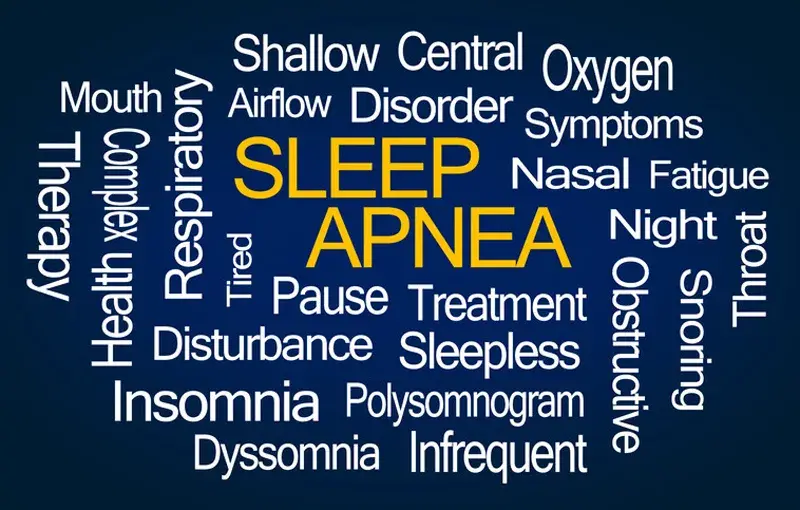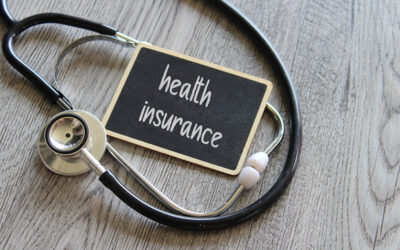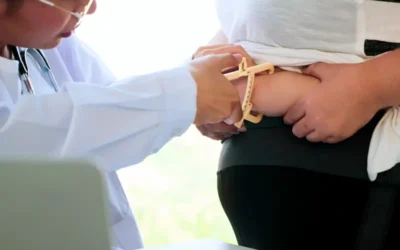Sleep apnea is a serious sleep disorder that occurs when a person’s breathing is repeatedly interrupted during sleep. The involuntary pause in breathing can result either from a blocked airway or a signaling problem in the brain. Treatment for this condition involves using certain breathing devices such as oral appliances (OAT); positive airway pressure (PAP) machine and other airway pressure devices that can help open up a blocked airway. Dental offices must make sure whether the patients are eligible for various treatments, in order to get reimbursed. To become eligible to bill Medicare for OAT, dentists must apply to become a Medicare Durable Medical Equipment (DME) supplier. One of the main challenges faced by DME suppliers is insurance eligibility verification, which can be handled by experienced medical billing firms. With about 18 million Americans suffering from sleep apnea, the demand for OAT devices is also on the rise. Here are some of the frequently asked questions and answers about medical insurance verifications and reimbursements for oral appliances.
Q: Will health insurance cover sleep study?
A: Health insurance coverage for sleep apnea study can vary widely from one insurance provider to another. Most insurance companies will provide coverage for sleep studies if it’s indicated as necessary for the diagnosis and treatment of a disease. For instance, some insurance plans will require that you undergo a Home Sleep test (HST) before they cover an in-lab-test (PSG or polysomnography). As HSTs accurately diagnose about 75% of patients with sleep apnea, it is often not necessary for them to undergo the PSG study.
Q: Does health insurance cover sleep apnea treatment?
A: Coverage for sleep apnea treatment may differ and will depend on the individual plans selected. In some cases, insurance companies may ask patients to undergo one type of treatment before a different treatment is covered.
Q: What are the documentation requirements for oral appliances?
A: The documentation requirements for oral appliances can vary by the insurer and may include details such as –
- Copy of the sleep study
- Sleepiness questionnaire scores (Epworth Sleepiness Scale)
- Physician written order (prescription for the oral appliance)
- Medical history details (such as high blood pressure or other co-morbidities)
- Clinical notes from the sleep apnea screening appointment
- Examination findings including gender, height, weight, blood pressure and heart rate, etc.
- A plan of treatment that includes the recommendation for an OAT device to treat sleep apnea.
Q: During patient eligibility verifications for an OAT claim, what questions can be asked?
A: Before filing an OAT claim, it is crucial to become aware about the patient’s medical insurance to verify their eligibility and other benefits. The following questions can be asked during patient eligibility verification –
- Is OAT fully covered by the plan?
- What percentage will be paid?
- Pre-authorizations requirement
- Total replacement period
- Copayment amounts or percentages
- What is the deductible and how much of the deductible amount has been met?
- Is a referral necessary from the primary care provider?
- Do you require modifiers for the appliance?
Q: What types of oral appliances are covered by insurance?
A: Most healthcare plans cover Oral Appliances for sleep apnea if they are custom made appliances by a qualified dentist and are FDA approved. In addition, Medicare and other commercial insurers require that an oral appliance must be on Medicare’s published product list to be covered.
Q: What about deductibles?
A: The deductible amount to be paid may depend on your specific plan. The amount required to be paid may be quite different from the yearly insurance deductibles for other services since most carriers categorize oral appliances for sleep apnea as Durable Medical Equipment (DME). Therefore, it is important to check whether the policy offers DME benefits.
Q: Is Medicare coverage offered for sleep apnea oral appliances?
A: Medicare offers coverage for oral appliances under the Durable Medical Equipment (DME) benefit. For a dentist to receive Medicare reimbursement or to bill Medicare for oral appliances for sleep apnea, he/she must get enrolled obtain enrollment as a Medicare DME Supplier. Only a licensed dentist is authorized to bill for custom oral appliance therapy for a Medicare beneficiary.
Q: Does insurance cover snoring mouthpieces?
A: No, snoring mouthpieces are not covered. Medical insurance considers custom mouth pieces as the only type of oral appliances that are “medically necessary” for mild to moderate sleep apnea. In addition, oral appliances are covered for severe sleep apnea cases wherein whereas the patient cannot tolerate CPAP (Continuous Positive Airway Pressure) or if the patient refuses CPAP.
Medical insurance verification for Oral Appliances Therapy (OAT) is broad. Relying on the services of professional insurance authorization companies could help in this regard by ensuring whether the patient is covered for the prescribed treatment device.




